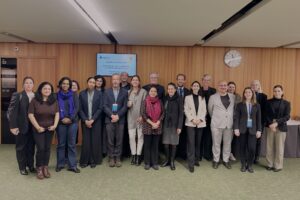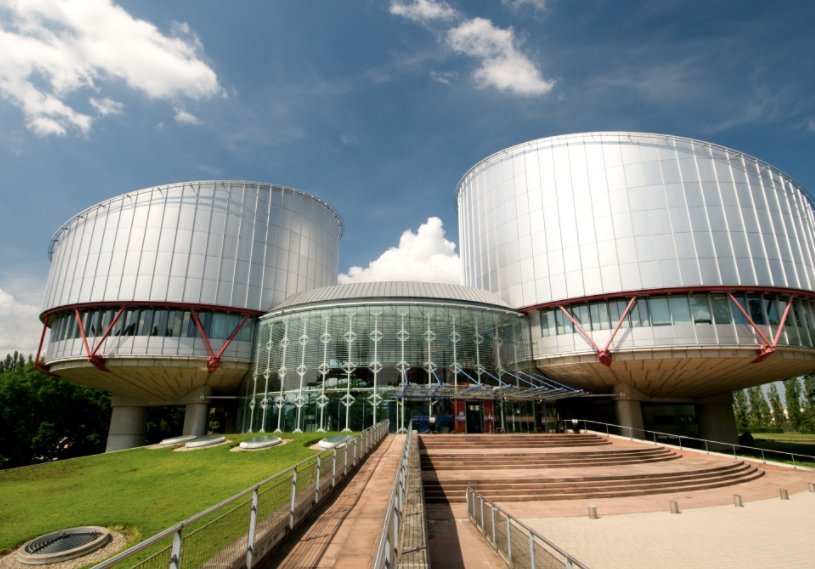
Nov 28, 2019 | Cases, News
The ICJ and Amnesty International have submitted a joint third party intervention before the European Court of Human Rights in the case of Judge Jan Grzęda.
Judge Grzęda’s mandate as a member of the Polish National Council of the Judiciary (NCJ) was prematurely terminated by legislation that entered into force in 2018. Under this law, the mandates of the judicial members of the NCJ appointed under previous legislation were automatically brought to an end once new members were appointed.
Judge Grzęda applied to the European Court of Human Rights alleging that he had been denied access to a tribunal to challenge the termination of his mandate and had been denied an effective remedy for the violations of his rights.
In their third party intervention, the ICJ and Amnesty International analyze international standards on judicial independence and self-governance, including as regards the role national councils for the judiciary, and the consequences of these standards for the right of access to court under Article 6.1 ECHR. The intervention also analyses the role of the NCJ in safeguarding judicial independence in Poland, and recent legislative and policy developments that have seriously undermined the independence of the Polish judiciary.
Read the full intervention text here.
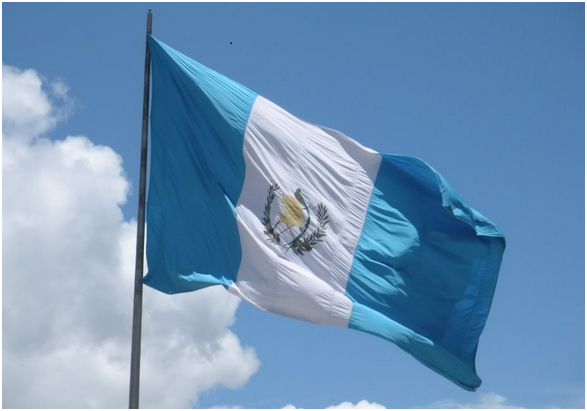
Jun 8, 2018 | News
The ICJ strongly condemns the draft bill of the Congressional Commission on Legislation and Constitutional Affairs to propose reforms to the Law of National Reconciliation (Congressional Decree 145-96) and grant amnesty in cases of gross human rights violations.
“The amnesty included in this draft bill is unconstitutional and flagrantly violates Guatemala’s international obligations. It seeks to place more obstacles in the way of victims of serious human rights violations in their search for justice and truth,” said Ramón Cadena, Director of the Central American Office of the ICJ.
“Justice must be delivered in these important cases because it is the basis for political stability, the rule of law and democracy. Guatemalan authorities should demonstrate that they have an unquestionable commitment to the struggle against impunity. Unfortunately, this draft bill demonstrates the exact opposite,” he added.
This decision flagrantly contravenes Guatemala’s international obligations to prosecute and punish those responsible for gross violations of human rights and guarantee the rights to justice, truth and reparation for victims of these crimes.
International bodies, including the Inter-American Court of Human Rights in numerous judgments, have condemned Guatemala for gross human rights violations; and on repeated occasions have stated that it is prohibited to grant amnesties in cases of gross violations of human rights and international crimes, such as crimes against humanity, genocide and war crimes.
This draft bill could open the doors to allow impunity to continue, at a time when the judicial system is fighting against impunity in historic cases of gross human rights violations and international crimes and in so doing provide guarantees for the victims’ rights to justice.
The ICJ considers that the administration of justice in cases of gross violations of human rights and international crimes by independent judges in cases of “transitional justice” should be supported, not only by the Legislature but also by the Executive Branch, as well as, self-evidently, by the Judicial Branch itself.
The Supreme Court of Justice has the obligation to support independent judges that through their rulings are proving to be impartial, objective and independent and should take the necessary measures to protect judges from any interference or attack that affects the smooth exercise of their duties.
The ICJ recalls that it is a State’s inalienable obligation under international law to investigate gross violations of human rights and international crimes and to prosecute and punish those responsible.
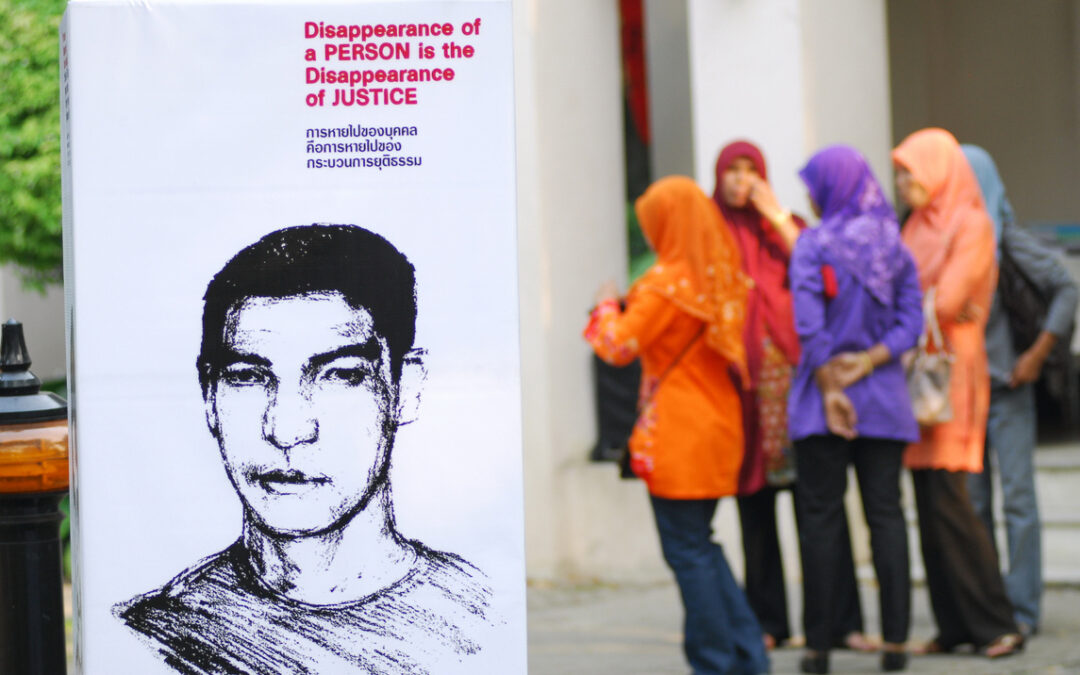
Feb 27, 2015 | News
The Nepali government must fully implement yesterday’s decision of the Supreme Court rejecting the possibility of amnesties for perpetrators of serious human rights abuses during the country’s civil war, said today the ICJ.
The decision, by a three-person special constitutional bench, composed of Justice Kalyan Shrestha, Justice Baidhya Nath Upadhyay and Justice Cholendra Shumsher JB Rana, struck down the amnesty provision of the Commission on Investigation of Disappeared Persons, Truth and Reconciliation Act 2014 (TRC Act) promulgated last May 2014.
The Court also ruled that only the judiciary, and not the Commissions established by the TRC Act, can determine the criminality of any violations committed in the context of the country’s decade-long conflict.
“Nepal’s Supreme Court has once again firmly reasserted the right of the victims of human rights violations to seek justice,” said Sam Zarifi, ICJ’s Asia Director. “This bold and principled decision should finally end the cynical attempts by politicians from all Nepal’s major parties, as well as the military, to legislate impunity and shield themselves from accountability.”
The decision distinguished between the jurisdiction of the courts and the criminal justice system, and the non-judicial reconciliation and truth-seeking mechanisms established by the TRC Act.
In the months before the decision, the government had essentially frozen the prosecution of claims already before various courts, and had blocked the filing of First Information Reports (FIRs) by victims trying to lodge new complaints.
“Now, the government must not only remove obstacles to these cases, it must commit itself to prosecuting such claims,” Zarifi added. “The Government must immediately take all necessary steps to implement the court ruling including to ensure criminal investigation of FIRs, and address the concerns raised by the victims on the formation of the Truth and Reconciliation Commission and Commission of Inquiry on Enforced Disappearance.”
This is the second time that the Nepali Supreme Court has rejected the amnesty scheme introduced by the Nepali government.
On 2 January 2014, the Supreme Court had declared unconstitutional the Ordinance on the Truth and Reconciliation Commission (TRC Ordinance).
However, the Government effectively ignored the Court order and introduced a slightly modified version of the 2013 Ordinance replicating almost all of the provisions of the TRC Ordinance, including many of its problematic aspects, such as the ‘amnesty’ provision.
“The Government, with the help of the international community, must now dedicate itself to meeting the promise of the political parties to provide justice, truth and reparations to the victims and survivors of the conflict,” said Zarifi. “Only doing so will help end the country’s cycle of impunity.”
Contact:
Sam Zarifi, ICJ Asia Pacific Regional Director (Bangkok), t: +66 807819002; email: sam.zarifi(a)icj.org
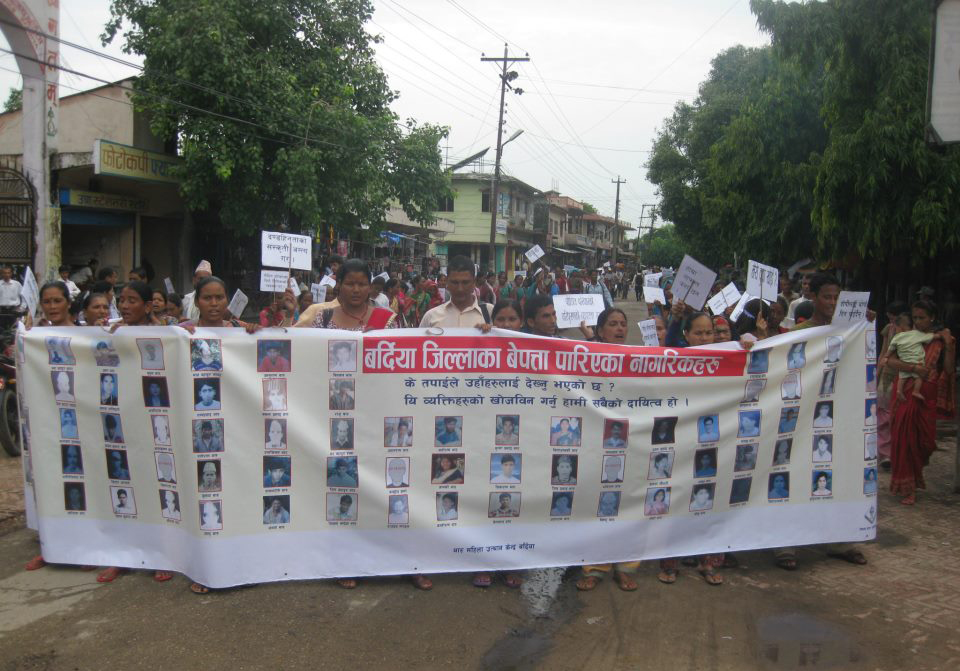
May 28, 2014 | News
The ICJ today called on the Government of Nepal to amend the 2014 Commission on Investigation of Disappeared Persons, Truth and Reconciliation Act (TRC Act 2014) to bring it in line with international law.
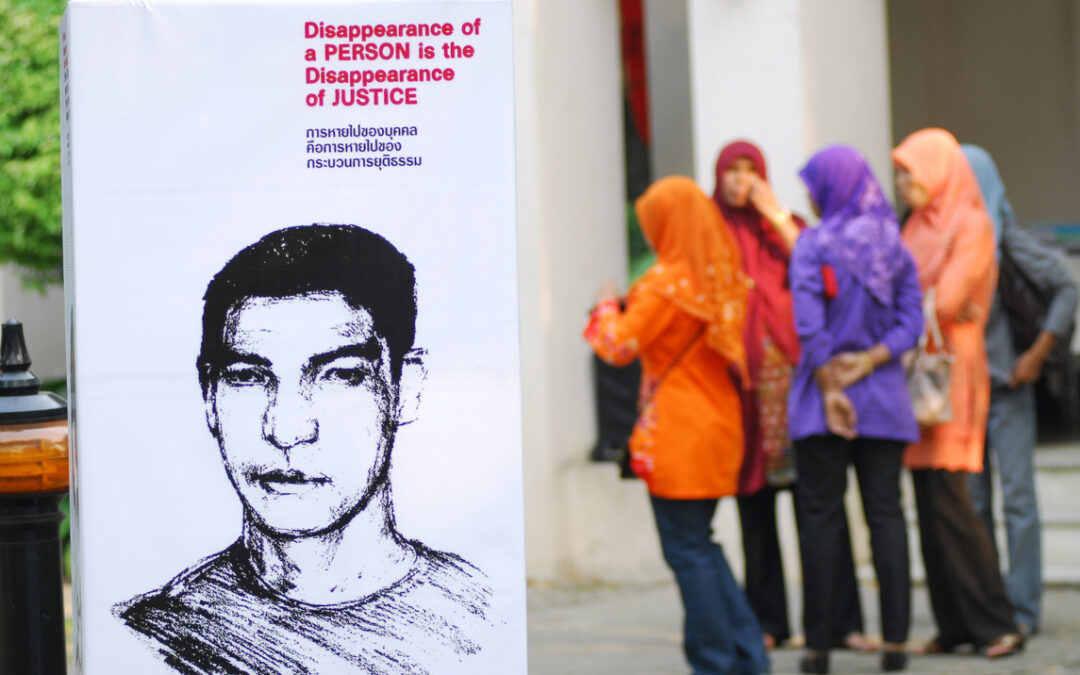
Apr 17, 2014 | News
Nepali legislators should reject problematic provisions of the proposed Truth and Reconciliation Commission (TRC) bill introduced in parliament on April 9, 2014, said Amnesty International, Human Rights Watch, and the ICJ.






